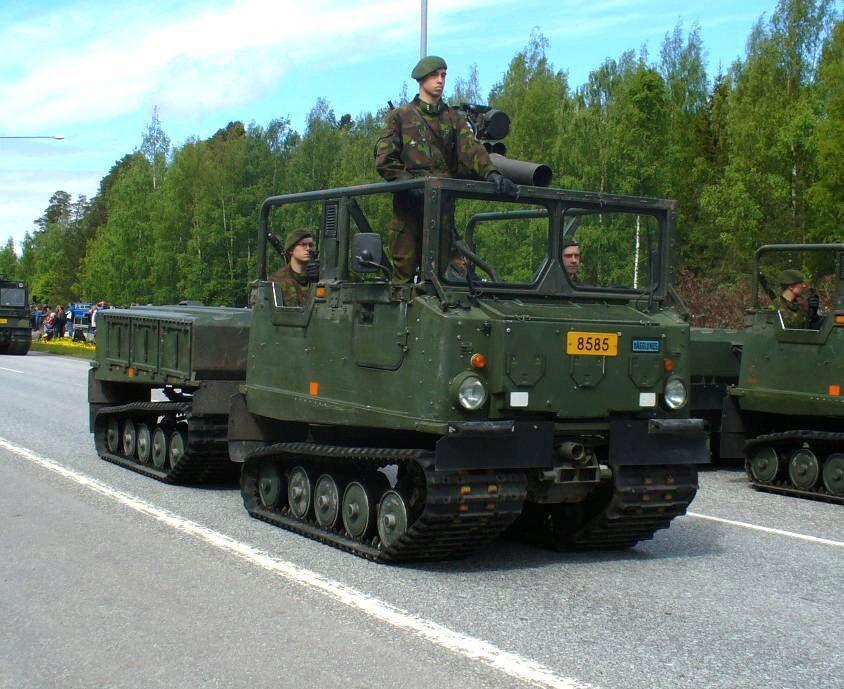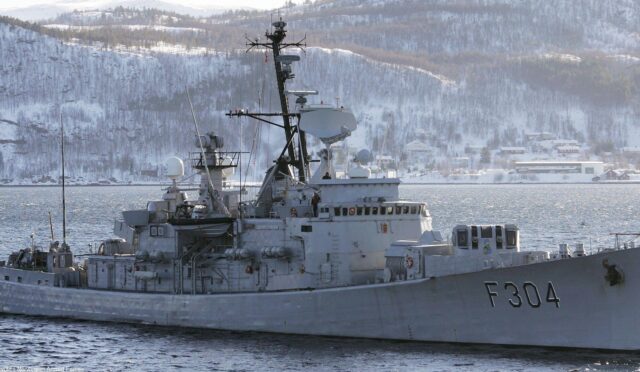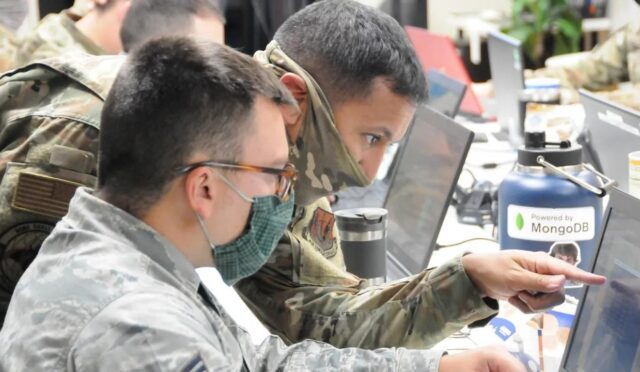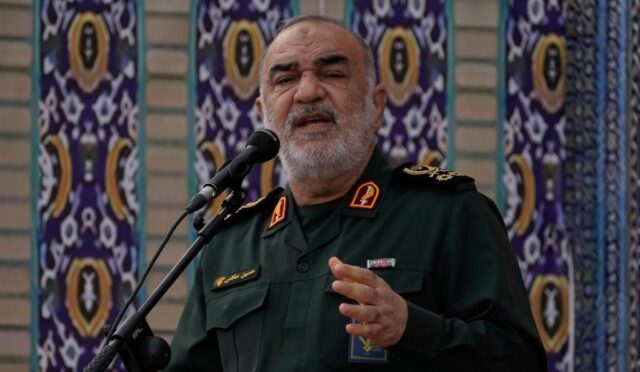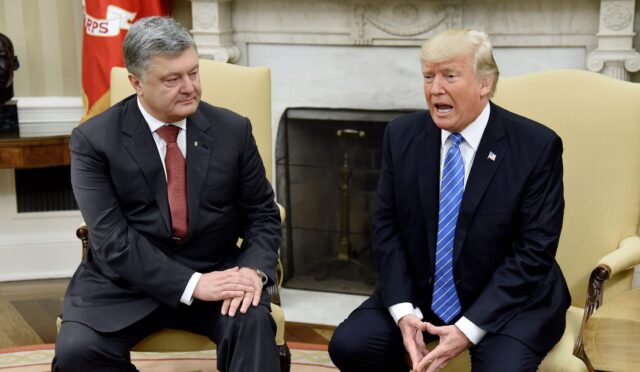Sweden Enhances Army Logistics with New Truck Order
Sweden has officially ordered 775 additional military trucks from leading manufacturers Scania and Volvo, marking a significant step in bolstering the army’s logistics capabilities. This strategic move is part of Stockholm’s broader initiative to improve the transportation of goods, loose load carriers, and vehicles within its defense forces. The new fleet will consist of both newly manufactured models and previously acquired ones, enhancing operational efficiency across the board.
The contract details specify that Scania will supply a variety of truck types, including 75 6×6 box trucks, 300 4×4 flatbed trucks with curtain sides and tail lifts, and an additional 100 6×6 flatbed trucks. Meanwhile, Volvo will produce its own versions of the 6×6 flatbed trucks for the same project. Notably, the agreement includes an option for an extra 575 vehicles, which could potentially see the consortium earning 1.4 billion Swedish kronor (approximately $130 million) if all options are exercised. The anticipated delivery period for these vehicles is set for 2025 and 2026.
Significant Impact on Military Capability
Jonas Silfver Wikstrand, the Manager of the Heavy Wheeled Vehicles Section at the Swedish Defence Materiel Administration, expressed his satisfaction regarding this development. He stated, “It feels really good to be able to deliver these vehicles to the Armed Forces.” He further emphasized that previous deliveries had been well-received by users, attributing the success of these collaborations with both Volvo and Scania to their strong partnership.
The addition of these 775 modern trucks is poised to significantly enhance the operational capabilities of the Armed Forces. This new order builds on the consortium’s earlier delivery of tractor-trailers to the Swedish military in January 2025. Furthermore, in 2023, Sweden reported that it had received over 500 vehicles as part of its ongoing tactical logistics modernization initiative, which began with orders placed in 2021 and 2022, showcasing a committed effort to upgrade military logistics.
